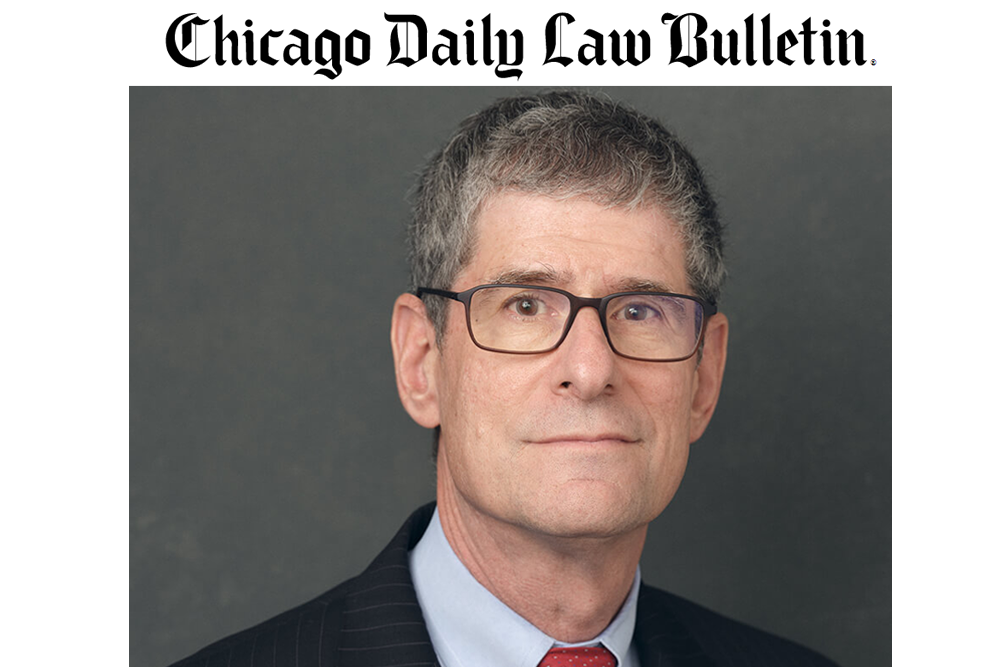A federal court in California recently took a disability insurer to task for abusing its discretion in denying a disability benefit claim.
In Chacko v. AT&T Umbrella Benefit Plan No. 3, 2023 WL 5806455 (E.D. Cal., Sept. 7), the U.S. District Court for the Eastern District of California overturned a disability benefit denial and awarded benefits to Ruby Chacko, a former AT&T system engineer, who had worked for the company for about 20 years before she became disabled due to a spinal impairment.
AT&T had based its decision on a paper review of the medical evidence performed by Dr. Howard Grattan, whose opinion was challenged due to his frequent retention in AT&T disability claims. Further, although AT&T’s claim administrator, Sedgwick Claims Management Services Inc., referred Chacko to a vendor for representation in relation to applying for Social Security disability benefits, AT&T ignored the outcome of that proceeding in favor of Chacko and never obtained a copy of the Social Security claim file from its vendor to understand the basis of that determination.
The court extensively discussed Grattan’s potential conflict of interest. Discovery revealed that Grattan had been retained by Sedgwick numerous times while Chacko’s claim was pending. The plaintiff argued that “when the statistics show that a doctor finds an overwhelming number of claimants alleging disability to be capable of work, the court can infer from this that the doctor harbors significant bias towards finding a claimant capable of working.”
Relying on two cases cited by the plaintiff (Caplan v. CNA Financial Corp., 544 F. Supp. 2d 984 (N.D. Cal. 2008) and Hertz v. Hartford Life & Accident Ins. Co., 991 F. Supp. 2d 1121 (D. Nev. 2014)), the court agreed. The court stated:
“In the undersigned’s view, the fact that Dr. Grattan found that only 8 out of 61 claimants who filed disability claims under the Plan were disabled (13%) and found that 50 claimants (82%) were not disabled suggests that Dr. Grattan harbored a bias in favor of the Plan ….”
The plaintiff was also successful in convincing the court that the amount of time billed by Grattan suggested that he “spent very little time analyzing the claim files before rubber-stamping his opinion on them[,] which supported claim denials in most circumstances.”
The court was also influenced by other cases in which Grattan’s opinion was sharply criticized — Thoma v. Fox Long Term Disability Plan, No. 17-cv-04389, 2018 WL 6514757 at *23–24 (S.D. N.Y. Dec. 11, 2018); Brainard v. Liberty Life Assurance Co. of Boston, 173 F. Supp. 3d 482, 492 (E.D. Ky. 2016); and Miller v. PNC Financial Services Group, Inc., 278 F. Supp. 3d 1333, 1344 (S.D. Fla. 2017). The court noted that Grattan had offered essentially the same opinion in every case in which he was retained.
Further, the court identified several procedural defects in the claim determination, which included the plan’s failure to properly assess the requirements of Chacko’s job and whether she was capable of performing those duties, which were affected by her impairments.
Finally, the court determined that AT&T did not adequately consider the Social Security determination, and that its failure to obtain a copy of the Social Security claim file was a procedural irregularity.
The plan had offered a boilerplate explanation for not following the Social Security determination, but the court deemed that explanation inadequate. Citing case law requiring that serious consideration be given to a favorable Social Security determination, the court deemed the defendant’s explanation inadequate, especially since Sedgwick failed to obtain a copy of the Social Security claim file from its vendor in order to better understand the basis for the agency’s determination.
Thus, the court concluded that AT&T abused its discretion in denying benefits and ordered Chacko’s benefits reinstated.
While there is nothing especially remarkable about this case, the court wrote an exhaustive opinion to emphasize why AT&T’s decision constituted an abuse of discretion. What is particularly notable in this ruling, though, are two key findings the court made on its way to its ultimate disposition of the case in plaintiff’s favor: (1) the court’s evaluation of the reviewing doctor’s opinion; and (2) the court’s views on the favorable Social Security determination.
With respect to the first issue, the court’s focus was on a specific doctor hired to review Chacko’s medical file. But the court’s observations could also easily apply to a host of doctors who frequently appear in these cases. Unfortunately for disability benefit claimants, the Supreme Court’s ruling in Black & Decker Disability Plan v. Nord, 538 U.S. 822 (2003), which held that private disability plans need not give deference to treating doctor opinions, opened the door to retention of file reviewers such as Grattan.
While some courts have expressed skepticism about opinions from doctors who merely perform pure paper reviews, other courts have been more willing to accept such opinions. By pointing out Grattan’s lopsided batting average in favor of claim denials and by questioning how much time he spent analyzing the evidence, this opinion should guide other courts in how they assess similar evidence.
With respect to the Social Security decision, the court’s ruling obviously showed an understanding that Social Security does not pay benefits willy-nilly but only approves claims after careful consideration.
This article was first published by the Chicago Daily Law Bulletin on September 13, 2023.







